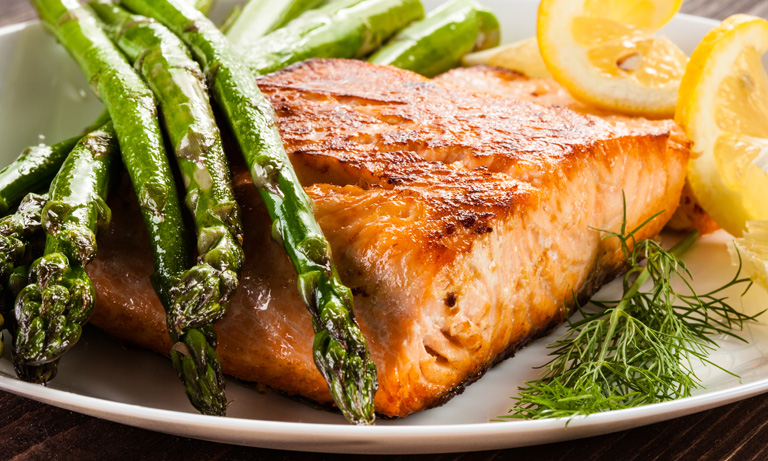
The word “fat” has become synonymous with being overweight, the cause of obesity, heart disease, evil, etc. However it is important that we are able to differentiate between the dietary fats we consume. Not all fats are “bad” fats, like artificial trans- or saturated- fats, the culprits who brought shame to the fat name.
Fat is a nutrient your body needs; it’s converted to energy for absorbing important vitamins and minerals into your system, to protect your heart and brain health, and of course to store energy for future emergency use. These so-called “good” fats, such as unsaturated fats and omega-3, actually have the opposite effect on your body from the “bad” fats. They play a major role in helping you manage your mood and mental state, to fight fatigue and even to help you control your weight.
Because of what we were taught in the past, we tend to look for foods low in fat for a healthy diet. However, it is more important that you focus on consuming “good” fats and restricting the “bad” when considering what you will be eating. Some examples of foods that contain these “good” fats are:
- Olive, canola, peanut, and sesame oils
- Avocados
- Olives
- Nuts
- Sunflower, sesame, and pumpkin seeds
- Flaxseed
- Fatty fish
- Soybeans




